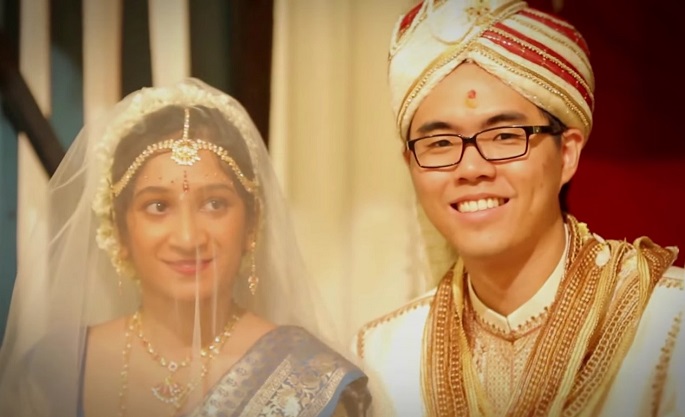Many mixed-race lovers, despite the many adjustments brought about by cultural differences, made the huge decision to hold on to their love for each other forever by getting married. As they raise a family, another life-changing decision confronts them: choosing a citizenship for their children.
Interracial parents in China in particular face this common dilemma as their children grow up because the country doesn't allow dual citizenship, reported the Global Times.
Peter Jones, a British director at Gembryo Schools, and his Chinese wife initially decided to register their first-born Mia as a Chinese. They said to the Global Times that it would offer her more advantage.
The 32-year-old father added that Mia, once she reaches the right age, can make the ultimate decision regarding her choice of citizenship.
Still, the couple now earnestly contemplates changing their daughter’s citizenship because of the “very limited options for international schools that accept Chinese students.”
When Mia came out of this world in 2012, the couple found themselves in a difficult situation when they got compelled to choose for her citizenship.
Among other factors, Jones said that they considered the psychological effects a particular choice of a citizenship could be injected into the life of Mia, particularly when she reaches adulthood.
According to the Global Times, Mia’s parents have no immediate plans to leave the county. The couple admitted that bearing a U.K. citizenship also provides several benefits, but if their daughter continues to live her life as an adult in China, a Chinese citizenship will make things easier for her, such as when she looks for a job or applies for a credit line or bank loan.
As for Jessica Johanna Suotmaa, who enjoys a dual U.S.-Finnish citizenship, she and her Chinese husband opted to get the same kind of citizenship when she gave birth to their son.
Suotmaa, an editor of Beijing Kids, a site appealing to international families based in China, said to the Global Times that the U.S.-Finnish citizenship she picked for their child would entitle him to a better social and healthcare support.
Mixed-race parents, like any other parents in the world, naturally desire what they think is best for their children. Choosing their children’s citizenship on their behalf, though on a temporary basis, could place a huge amount of pressure on both of them.



























